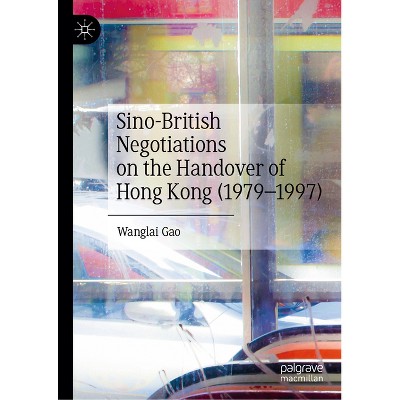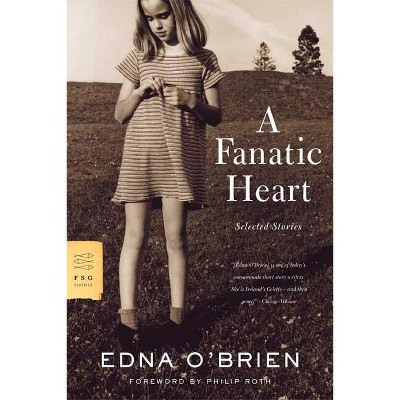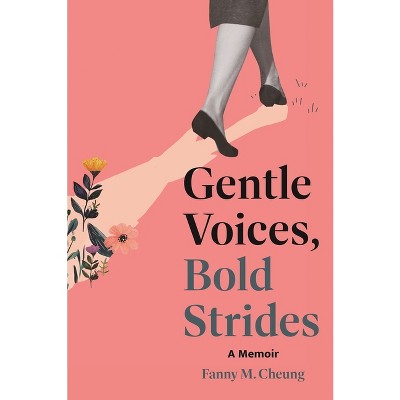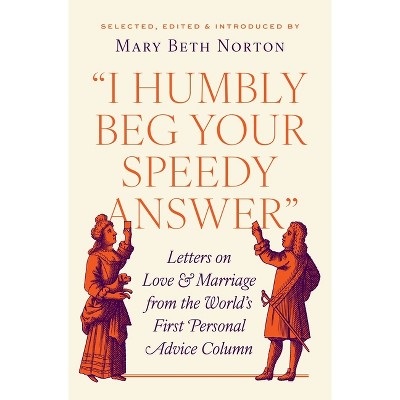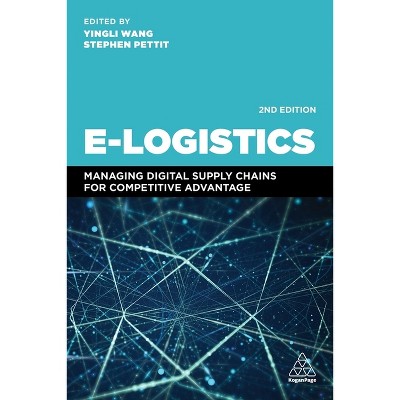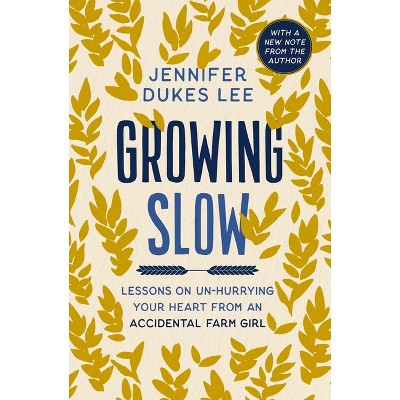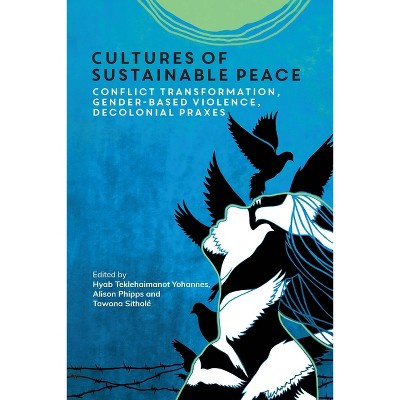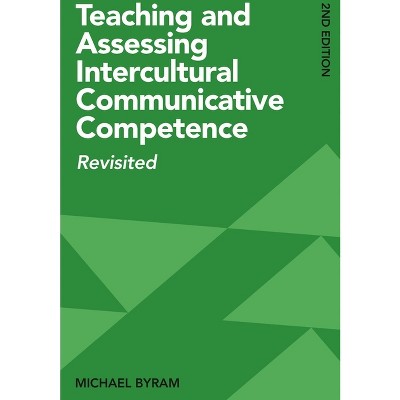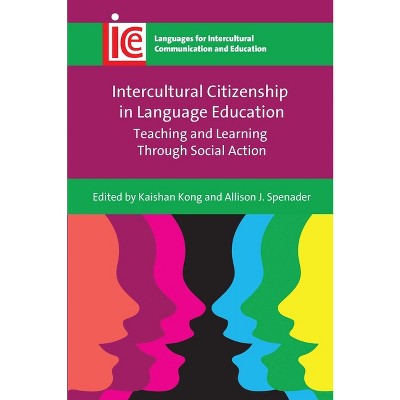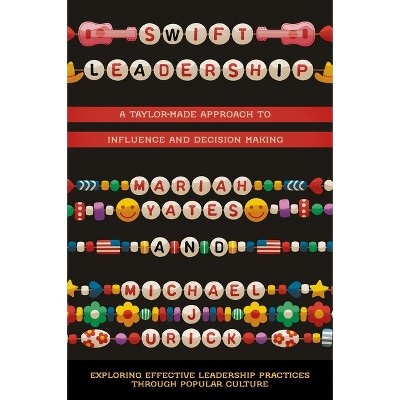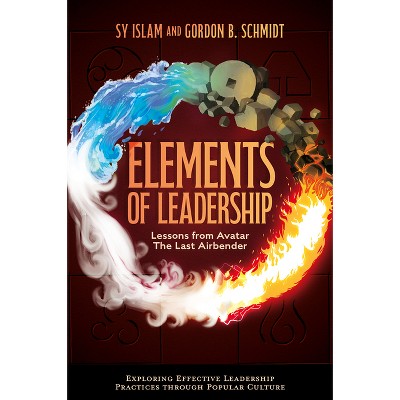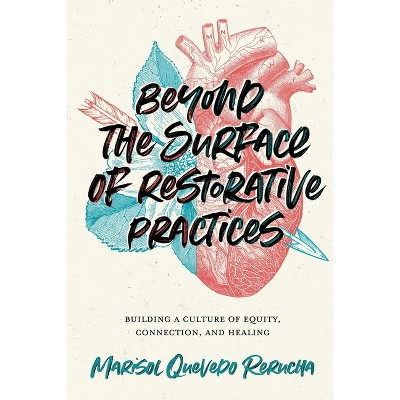Sponsored

Exploring Restorative Intercultural Practices - by Piki Diamond & Tawona Sitholé & Alison Phipps
Pre-order
Sponsored
About this item
Highlights
- Offers both a guide in restorative narrative methods for use with marginalised and exploited groups, and examples of what successful, guided work can look like in practice.
- About the Author: Piki Diamond is Māori Strategy Manager, Aotearoa New Zealand.
- 284 Pages
- Social Science, Research
Description
About the Book
This book is a groundbreaking introduction to restorative intercultural practices. It explores how indigenous people and refugees can lead the development of research methods in the social sciences. Following a collaborative, call and response structure it celebrates researcher relationships within the more-than-human-world.
Book Synopsis
Offers both a guide in restorative narrative methods for use with marginalised and exploited groups, and examples of what successful, guided work can look like in practice.
This book is a groundbreaking introduction to restorative intercultural practices. It explores the understanding of the narration and positionality of the researcher in a more-than-human world. Following a collaborative, call and response structure, the book explores how indigenous people and refugees can lead the development of research methods in social scientific research.
It shows how practices from 'back home' and 'on the land' might be taught to researchers for ethical and consensual use. Beginning with the practices of the daré and pepeha from southern Africa and from Aotearoa New Zealand it offers a fresh discourse of restorative narrative research methodology. Above all it is an insight into how innovative academic work can develop from a context that prioritises collaboration, care and a holistic approach to humans and their experiences.
This book is open access under a CC BY ND licence.
Review Quotes
Koutou, ngā kaikawe pūrākau e hono ana ngā reo a tūpuna, ki ngā reo a taiao, pāoho atu. Pāoho atu ngā kupu i runga i ngā ia o ngā hau, ki ngā ao o ngā rangi, mai i te ao tūroa, ki te ao mārama. Mauri ora! Those of you whose stories connect the voices of the ancestors with the voices of the environment, spread the word. Transmit the words on the currents of the winds, to the worlds of the universe. From the natural world to the world of light and enlightenment. Living energies!-- "Herewini Easton, Te Herenga Waka - Victoria University of Wellington, Aotearoa - New Zealand"
About the Author
Piki Diamond is Māori Strategy Manager, Aotearoa New Zealand.tawona sitholé is a poet and Lecturer in Creative Practice Education at the University of Glasgow, Scotland.
Alison Phipps is a poet and holds the UNESCO Chair in Refugee Integration through Education, Languages and Arts at the University of Glasgow, Scotland.

